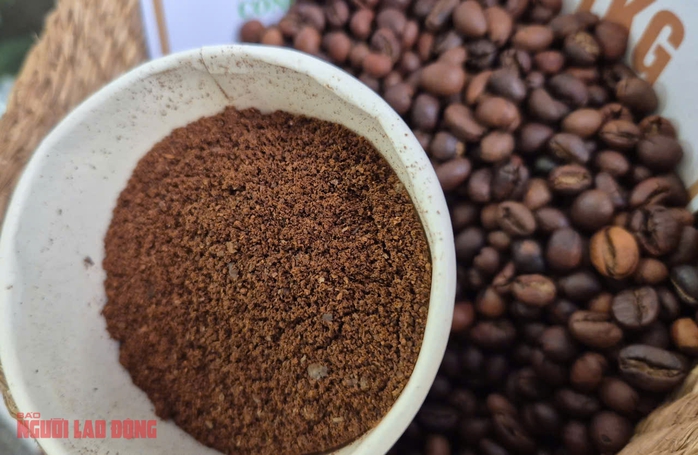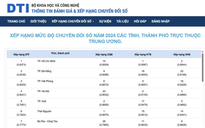Vietnamese Prime Minister Pham Minh Chinh had a brief meeting with U.S. President Donald Trump on the sidelines of the ASEAN-U.S. Summit in Kuala Lumpur, Malaysia's capital, earlier this week.
Shortly afterward, President Donald Trump announced that coffee was among the products included in the new trade agreement with Vietnam, under which a 20% tariff would be waived. He also said he might visit Vietnam - a major coffee-producing powerhouse.
Speaking briefly with a reporter from Người Lao Động newspaper on October 28, Nguyen Nam Hai, Chairman of the Vietnam Coffee and Cocoa Association (VICOFA), said the announcement came as no surprise, as their U.S. partners had previously informed them of the development.
He added that businesses are now waiting to see when the policy will take effect and what tariff rates will apply to other coffee-exporting countries. Since the United States does not produce coffee and relies entirely on imports, there has already been a plan to reduce the tariff to zero percent.
If this principle is implemented, not only coffee shipments from Vietnam (currently subject to a 20% tariff) but also those from Brazil (50%), Indonesia (19%), and Colombia (10%) would be exempt from tariffs.
“Fair competition is a good thing!”, VICOFA's chairman emphasized.

The coffee market has seen sharp fluctuations in recent weeks. Photo: Ngọc Ánh
Meanwhile, Thai Nhu Hiep, Vice Chairman of VICOFA and Chairman of the Members’ Council of Vinh Hiep Co., Ltd. — a company specializing in coffee exports to the United States — suggested that, under current circumstances, President Donald Trump might be showing a form of “favor” toward Vietnamese coffee, potentially allowing Vietnam to increase its exports to the U.S.
“The United States depends on Brazil for nearly 90% of its coffee supply, especially large-scale roasted varieties. American consumers have reacted strongly to the 50% tariff imposed on Brazilian coffee, which has made the beverage excessively expensive,” Hiep explained.
If the United States grants tariff preferences to Vietnamese coffee, it would represent a major advantage.
However, the U.S. market is still accustomed to the flavor of Arabica coffee from Brazil, so it will take consumers about two to three years to gradually adapt to Vietnam’s Robusta coffee.
In fact, over the past few months, Vietnam’s coffee exports to the United States have posted impressive growth, though the absolute volume remains modest. American buyers are only beginning to familiarize themselves with Vietnamese coffee.
In the 2024–2025 crop year, Vietnam exported 88,025 tons of coffee to the United States, accounting for 5.8% of market share, making it the fifth-largest market for Vietnamese coffee.





Bạn không thể gửi bình luận liên tục. Xin hãy đợi
60 giây nữa.